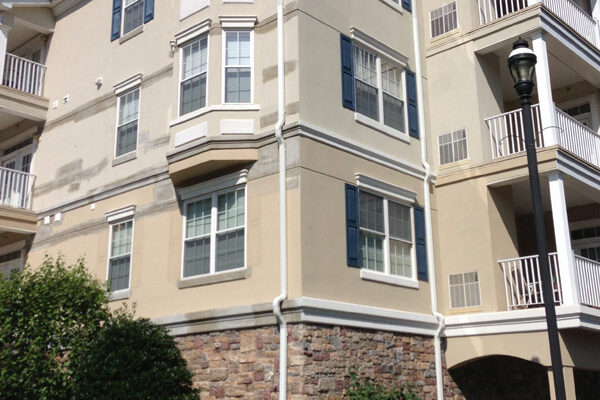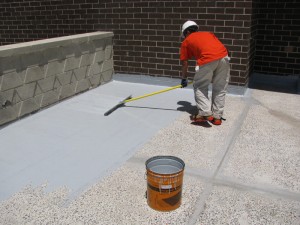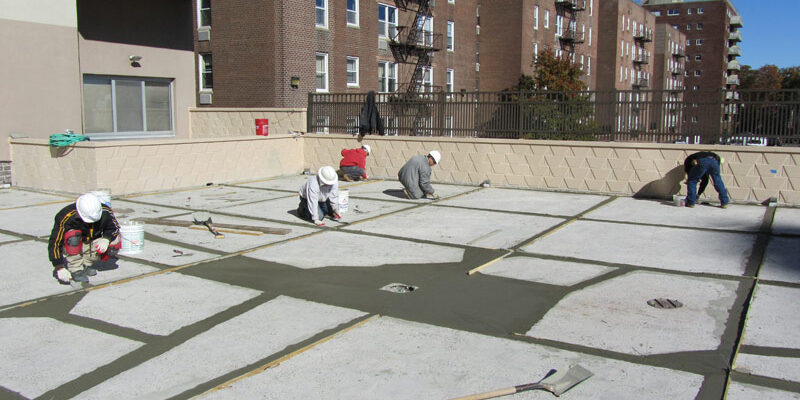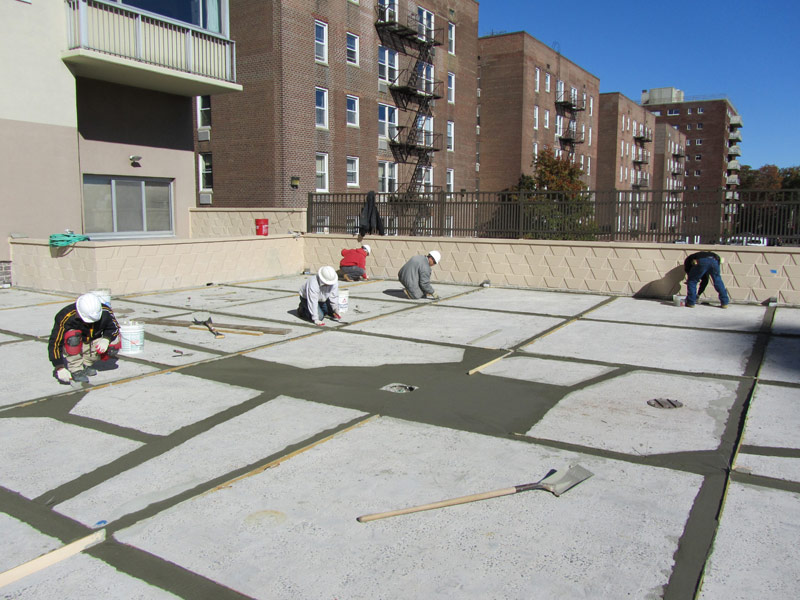Commercial buildings and high-rise apartments are often exposed to harsh weather conditions such as strong winds, heavy rains, and salty sea sprays. Over time, these elements can penetrate the porous concrete used in patios, walkways, and structural walls, leading to deterioration. To combat this, building owners in NJ and NY are prioritizing regular concrete waterproofing to extend the life of their properties.
Protecting Outdoor Spaces: Deck Waterproofing Essentials
Outdoor areas in commercial properties in Monmouth County, NJ, serve critical functions such as storage, loading docks, and break areas for employees. Proper waterproofing of wooden decks in these environments is crucial to protect assets from moisture damage, rot, and structural weakening. This preventive measure not only safeguards the building’s integrity but also reduces maintenance costs for property owners.
Adriatic Restoration: Leading Waterproofing Services
With over 40 years of experience, Adriatic Restoration has become a trusted name in deck repair and restoration in NJ and NY areas. Their comprehensive services include repair, restoration, replacement, waterproofing, and painting, catering to a wide range of clients, from commercial complexes, high-rise apartments to historic landmarks. Choosing Adriatic Restoration means benefiting from exceptional craftsmanship and transformative results. Contact them today for bespoke solutions designed to protect and enhance your outdoor spaces.
Advanced Waterproofing Techniques
Concrete is inherently porous and requires effective waterproofing for long-term durability and safety. Building supervisors and owners in NJ and NY are increasingly adopting modern waterproofing methods. Key techniques include:
- Sheet and Fluid-Applied Membranes: Provide robust moisture barriers for foundations and walls.
- Urethane and Elastomeric Coatings: Offer flexible, durable protection for decks and balconies.
- Epoxy Injection: Strengthens and seals wall cracks.
- Sealants for Crack Injection Sites: Ensure complete sealing to prevent water ingress.
Expert Solutions for Concrete Waterproofing
Waterproofing concrete is a complex process that should be handled by professionals. Experts in Monmouth County, NJ, can assess a building’s specific needs and recommend the best waterproofing solutions. Using high-quality products and techniques, they can significantly extend the lifespan of concrete structures, even under severe weather conditions.
Regular concrete and deck waterproofing is vital for maintaining the structural integrity and longevity of commercial buildings and high-rise apartments. By collaborating with seasoned professionals like Adriatic Restoration, building owners in NJ and NY areas can ensure their properties are well-protected against the elements, maintaining their value and functionality for years to come.




